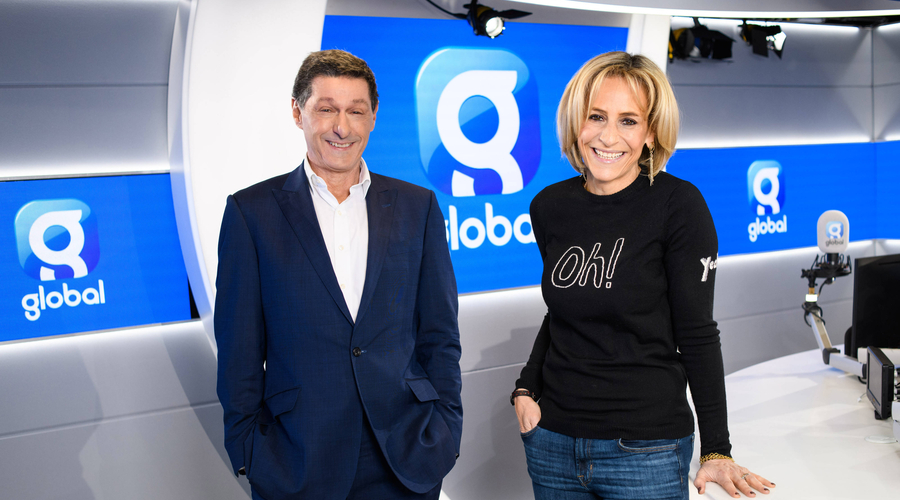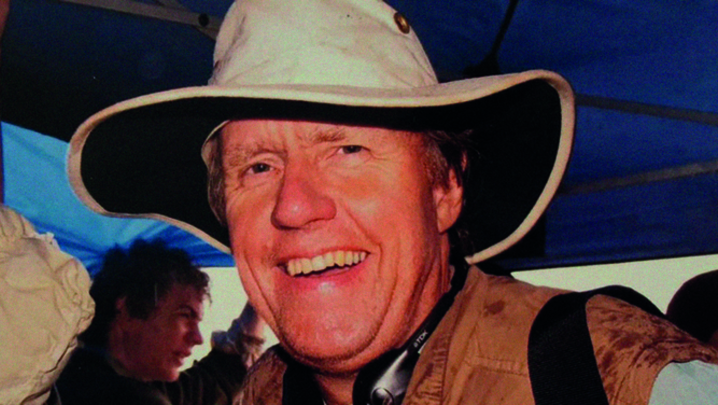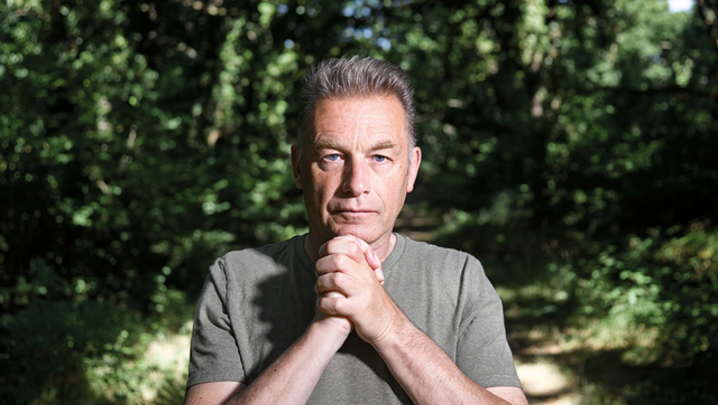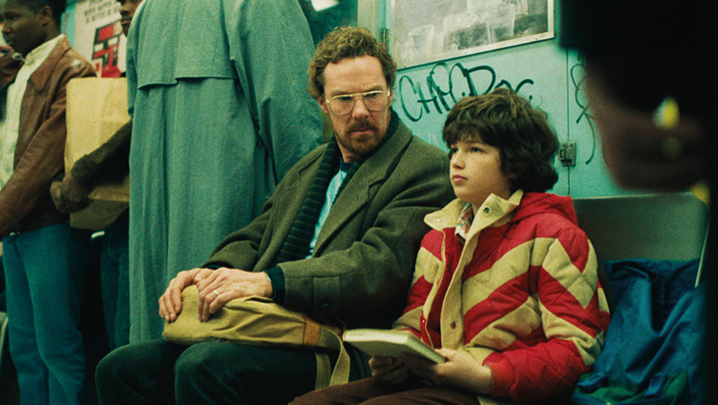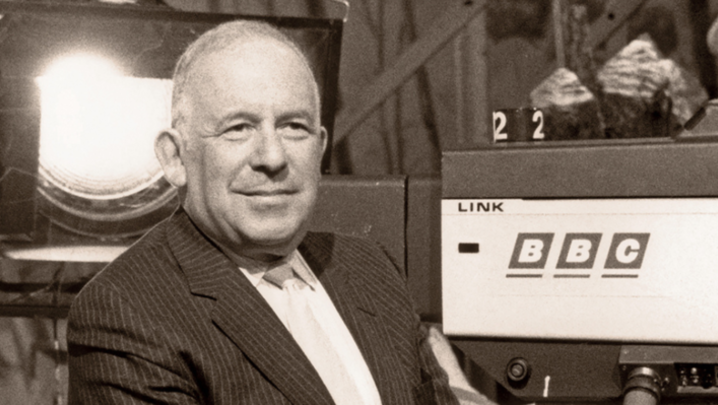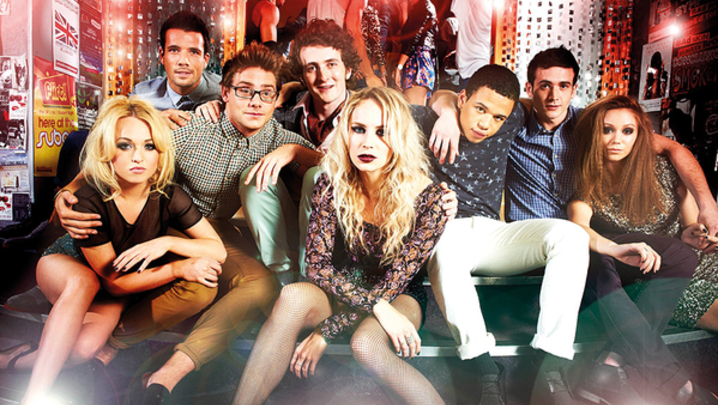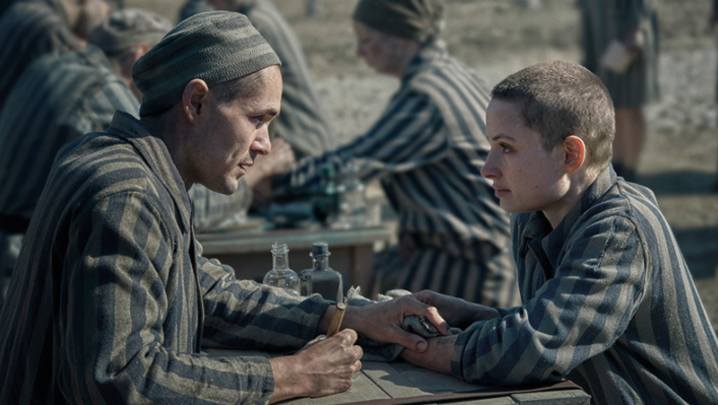An RTS panel explains why the audio format is booming and offers tips to potential podcasters.
There was literally a moment when everyone was talking about it in the same way they would have talked about something on TV.” This was the intriguing opening from host Anita Rani, introducing an RTS panel of experts to discuss the dizzying rise of the podcast, how it is affecting the ecosystem of intellectual property (IP), and the best ways to become a podcaster.
That historic moment was Serial, the 2014 US podcast that told the story of the murder of Baltimore student Hae Min Lee in 13 episodes that have now been downloaded more than 300 million times. The series exposed the mistakes leading to the wrongful conviction of Adnan Syed; it also kickstarted an entertainment revolution.
Nearly a decade on, and the UK has its own vibrant podcast sector, boasting annual ad revenues of £40m in 2021. That figure is estimated to rise to £60m by 2025. The content encompasses true crime, comedy and news, as well as Rory Stewart shooting the breeze with Alastair Campbell. Another big podcast hit is The News Agents, starring Emily Maitlis and Jon Sopel.
Rani also shared an impressive statistic: in the UK, 40% of podcast listeners are aged 26-35, making podcasts the secret sauce craved by advertisers keen to reach this otherwise elusive demographic.
Two things are driving the medium’s success, particularly for this group, but also more generally: technology and talent, said Darrell Brown, Managing Director of podcast production company What’s the Story?. He explained: “Tech means we can listen in our cars, on our commutes. People can listen at different times.” Talent on podcasts tended to be young people, he said, “often with already established personalities on YouTube or TikTok, and young people want to hear from them”.

Alex Bewley; and Anita Rani (Credit: RTS)
But podcasts, it seems, work for everyone. Declan Moore, head of international at podcast studio Wondery, reflected: “We have this audio medium that’s been around for longer even than video. But, in the past 10 years or so, we have been living in this on-demand world, whether it be for video or food. It was only natural that there would be a desire for audio in an on-demand way.”
Brown, who moved from TV production to podcast creation, said creatives liked the flexibility associated with podcasts: “There are restrictions around TV. What audio enables is the chance to back a story you want to tell – it doesn’t have to fit into a box or shape. [Wondery series] Body of Proof could have been an hour long, but it became 10 episodes of 30 minutes each. It can be as long as it needs to be.”
For Alex Bewley, podcast agent at WME, the format fits perfectly into the increasingly synergistic ecosystem of content IP: “Our literary packaging department was created… to adapt books for TV, books for film, but it has been expanded to include podcasts. There are more and more ways we can connect clients within a talent agency, so they can protect their IP earlier.”
So what works? Bewley said “true crime but without a dead body” is at the top of his buyers’ wish list for 2023. It seems there is no escape from the lure of an engrossing who- and whydunnit.
Moore, who has presided over hits including Dr Death (a scamming Texan medic) and The Shrink Next Door (a scamming New York psychiatrist), agreed that audiences can’t get enough of the close-up profiles of society’s malefactors. But it was early days for the format, he said. “We’re in the black-and-white era of audio storytelling. There’s lots of opportunity for storytelling, and that’s creatively exciting.”
How is success measured? The panel agreed there was no single way of marking a hit. Louise Kattenhorn, a commissioning editor for podcasts at the BBC, revealed that the corporation has different targets for different projects, whether it be talent engagement with the audience, brand building or, crucially, big numbers for BBC Sounds.
Bewley added that it has become increasingly difficult to break into the podcast charts on Apple and similar platforms. The top 10 slots invariably go to established talent, often with daily or twice-weekly shows. But it is not impossible to break through, and he shared the advice he gives his clients: “Social plays a huge part. My clients will put snippets on their social media, they already have this audience and they can migrate them across.”
Is there money to be made? Yes, but not directly, was the panel’s shared opinion. For Brown, it was about “understanding who your audience is – it could be niche – so you can start bringing brands and making money from advertising, but you’re not going to get rich overnight.”
The bigger slice of the pie is to be found in IP, it seems, particularly the prospect of adapting podcast content for the screen as we have seen with hit shows such as Dirty John on Netflix and The Dropout on Hulu. But this, too, comes with a caveat, as Brown explained: “TV doesn’t move as quickly as podcasting. There’s a green-light period, an option period, rights will be tied up for a while, that can take a little longer.”
Can anyone make a podcast? In theory, yes. In this era of cheap technology, wannabe podcasters can dispense with expensive studios and concentrate on the creative process.
Brown was confident that a quality product could be made for a maximum of £10,000 an episode and often for a fraction of that: “The budgets are a world away from factual television or documentary. It’s quite a raw medium – you can one-man-band it with a microphone, and an interview that will be golden.”
While Moore questioned Brown’s figure of £10,000 – unsurprisingly, for a man with Wondery dollars to spend – he echoed the idea that story and voice is all. His advice to would-be podcasters was : “Find your voice, be authentic, the host is like a trusted friend. Serve the listeners.”
Investing in marketing and social strategy to support the podcast is also key. Moore advised building relationships with services that reach listeners, using available promotional tools, marketing, and cross-hosting with like-minded shows.
Consistency is key, said Bewley. “Conversational works better as ‘always on’ – being available between 45 and 52 weeks a year. People need to know what they’re going to get each week in terms of base format, whether that be a host on their own, regular guests or a co-host.”
For a limited-run podcast to be successful, he said it needed access to a story that no one else has, or something that’s breaking in the news, or a case that’s been reopened. “You need the sense that you’re bringing the audience along for the ride.”
Finally, the experts were asked for the crucial ingredient for podcast success. Kattenhorn suggested it was: “Personality, something interesting and unusual to say.” Bewley’s advice was: “Be proactive – half the battle is finding a great story and working out who your audience is.” Moore’s rule was: “Think creatively, find your voice and be true to that.” Brown’s advice was simple: “Get out there, have a go and see what you can create.”
Report by Caroline Frost. ‘Riding the audio wave: How podcasts are taking the TV industry by storm’ was an RTS national event held on 23 January. The producer was Sarah Booth at Banijay.

